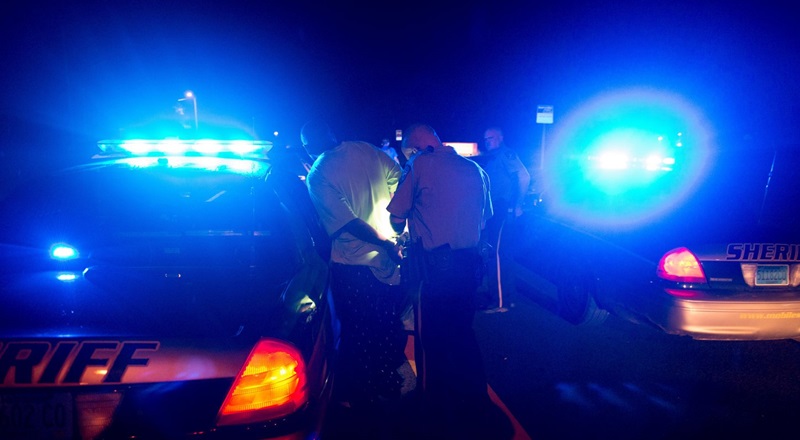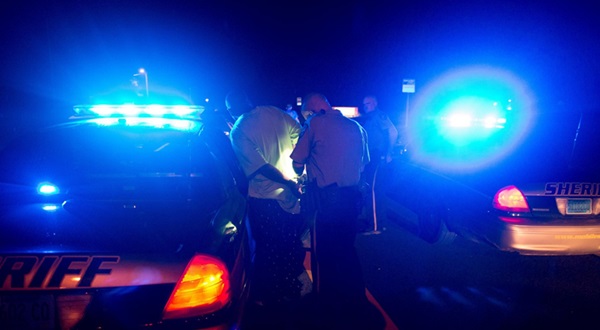

INDIANAPOLIS, Aug. 21, 2024 — A new bi-partisan bill called the Law Enforcement Scenario-Based Training for Safety and De-Escalation Act of 2024 (H.R. 8871) would make comprehensive training readily available to state and local police agencies. The bill was re-introduced by Rep. Emilia Sykes (OH-13) and is co-sponsored by Reps. Brian Fitzpatrick (PA-01), Don Bacon (NE-02), and Glenn Ivey (MD-04); it has been referred to the Judiciary Committee. The bill’s text can be found here.
Today’s law enforcement officers confront a wider range of threats and social maladies than in previous decades. These include a rise in depressive disorders, suicides, homelessness, drug overdoses, active shooter situations, and terrorism risks. Given that hostility towards law enforcement has increased -evidenced by a surge in assaults on officers they have also understandably become more guarded.
H.R. 8871 is comprised of two main components, both of which would be managed by the Attorney General of the United States, via the Office of Community Oriented Policing Services (COPS).
The Attorney General would consult with a collective of advisers comprised of law enforcement associations, community-based organizations, and national security agencies to create a standardized curriculum.
The course would include segments on a range of real-world scenarios with a focus on situational awareness, officer resilience, improving community-police relations, responses to stress, honing critical decision-making and problem-solving skills, crisis intervention, and de-escalation techniques.
The Attorney General would also create a certification process for agencies that successfully implement the curriculum.
The Attorney General would make federal grants available to state and local law enforcement agencies for the purpose of developing an in-house scenario-based training curriculum.
The Attorney General’s office would use funds that are already available to the U.S. Department of Justice, so implementing the bill would not require additional tax dollars.
“At a time when officers are facing an increasing number of challenges and threats and are being asked to do more, they need to be equipped with the best possible training. An agency’s budgetary concerns shouldn’t be a barrier,” said Paula Fitzsimmons, Legislative Director, of the National Police Association. “The Scenario-Based Training for Safety and De-Escalation Act would provide a greater number of officers with access to modernized training that prepares them for today’s complex landscape,” Fitzsimmons added.
When officers are adequately trained, they are better prepared to keep themselves, their colleagues, and the communities they serve safe; and to potentially reduce the number of deaths and injuries to both themselves and civilians. This results in improved outcomes, which leads to enhanced police-community relations. This bill represents a win for all.
The National Police Association would like to thank Reps. Sykes, Fitzpatrick, Bacon, and Ivey for re-introducing the Scenario-Based Training for Safety and De-Escalation Act. It demonstrates an understanding of the immense challenges today’s officers face and a commitment to public safety. We urge Congress to prioritize this critical bill.
About The National Police Association: The National Police Association is a 501(c)3 non-profit Educational/Advocacy organization. For additional information visit https://NationalPolice.org
###